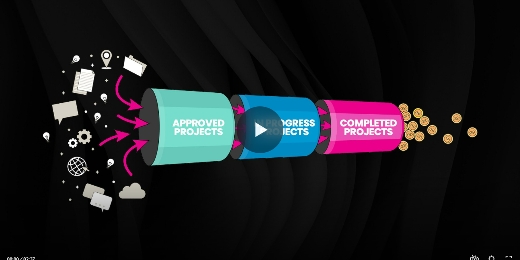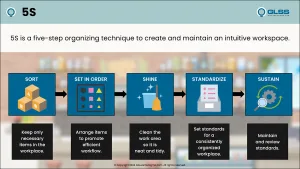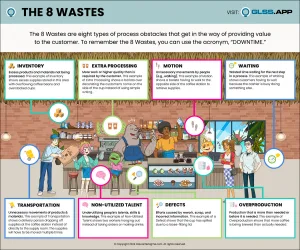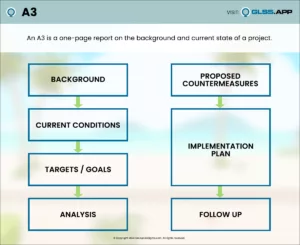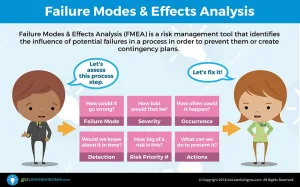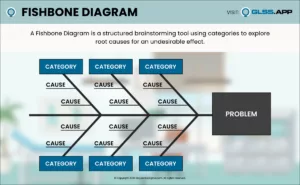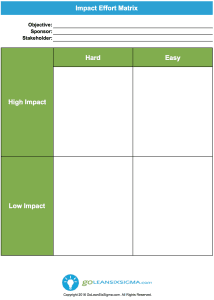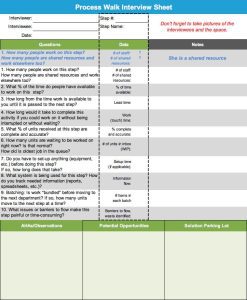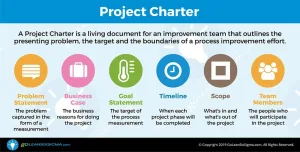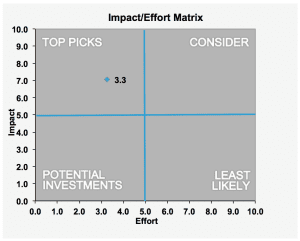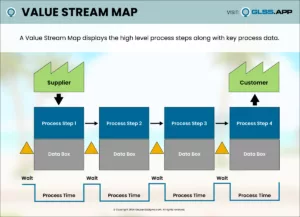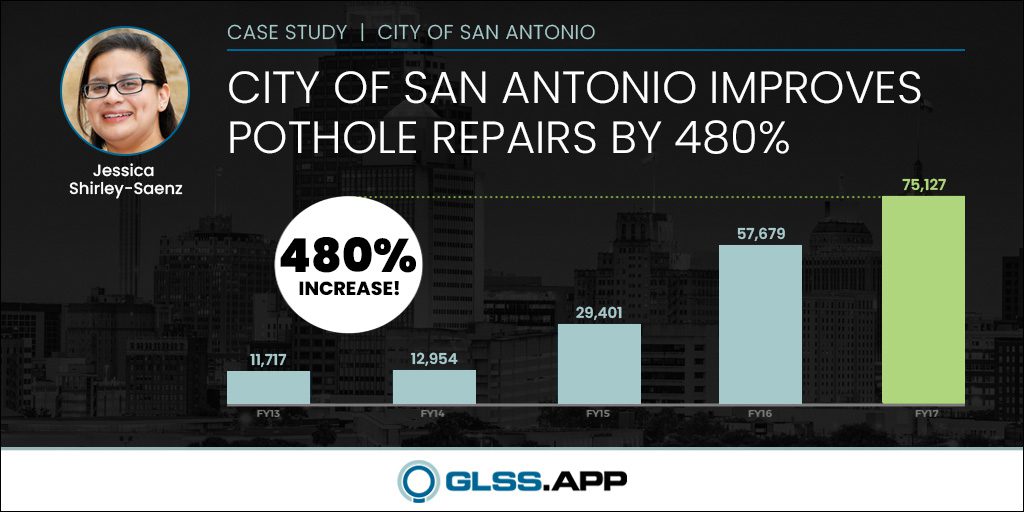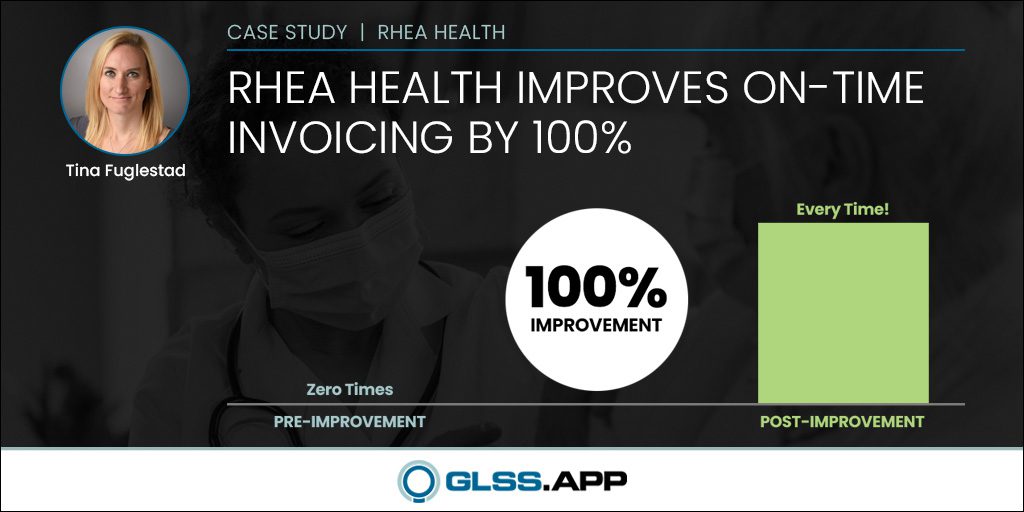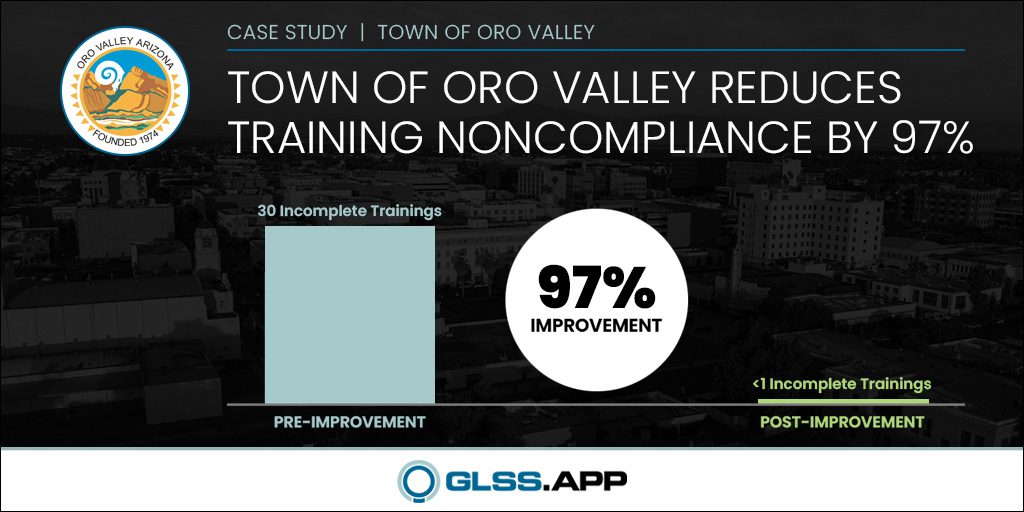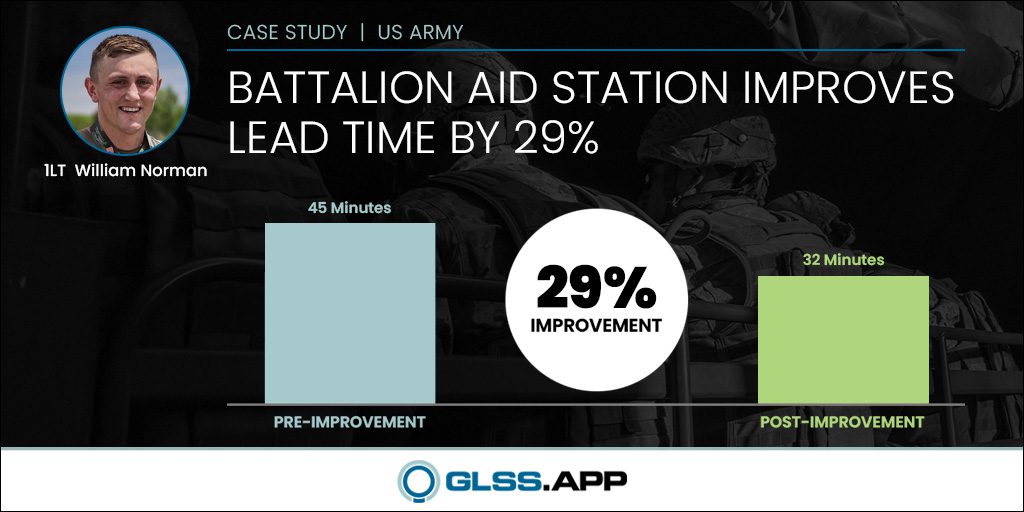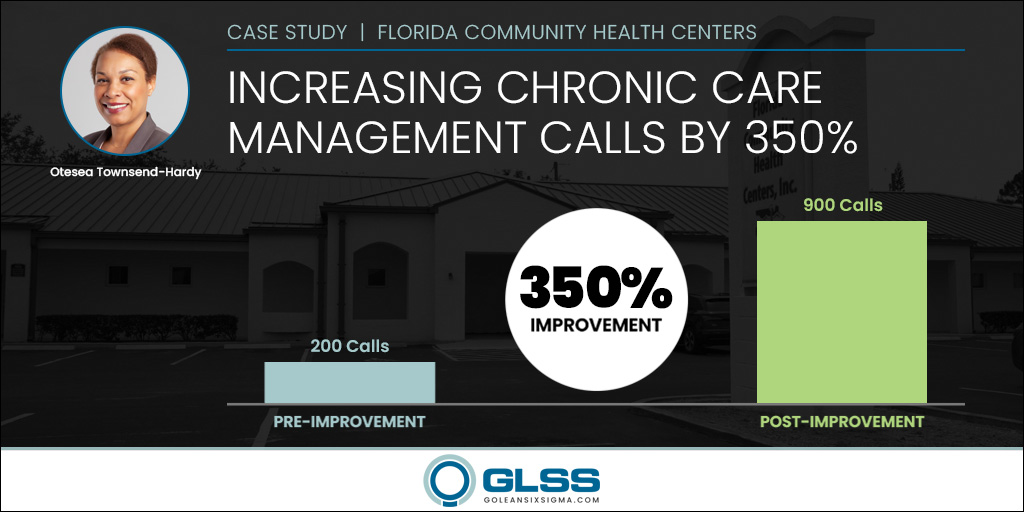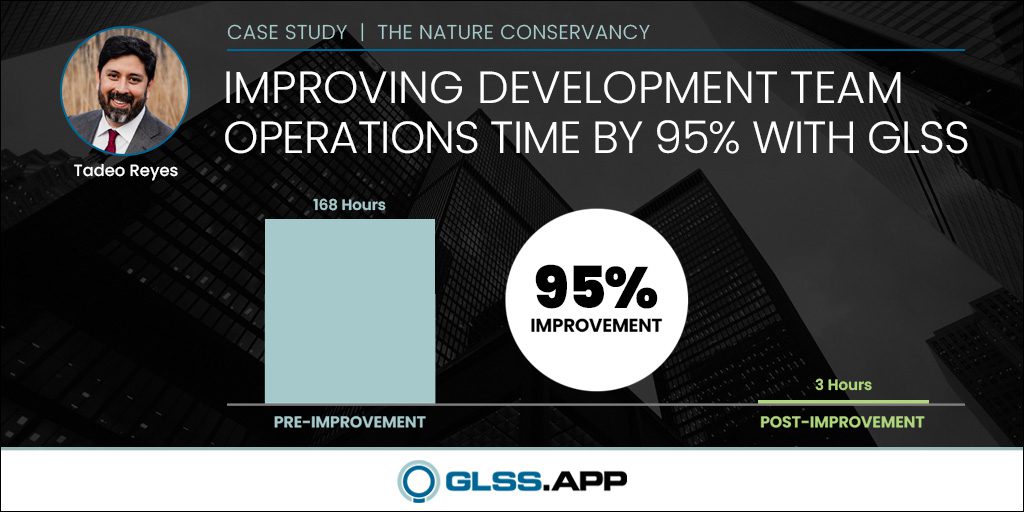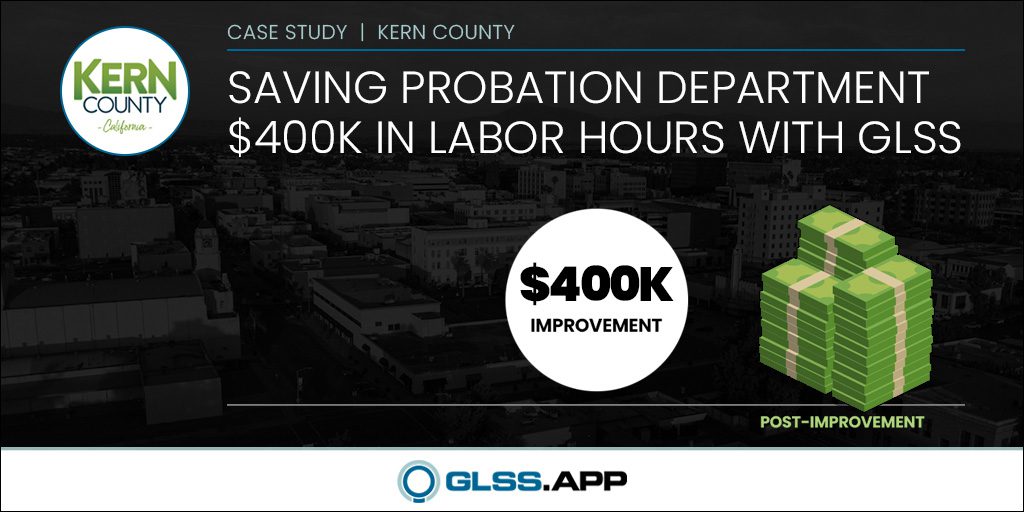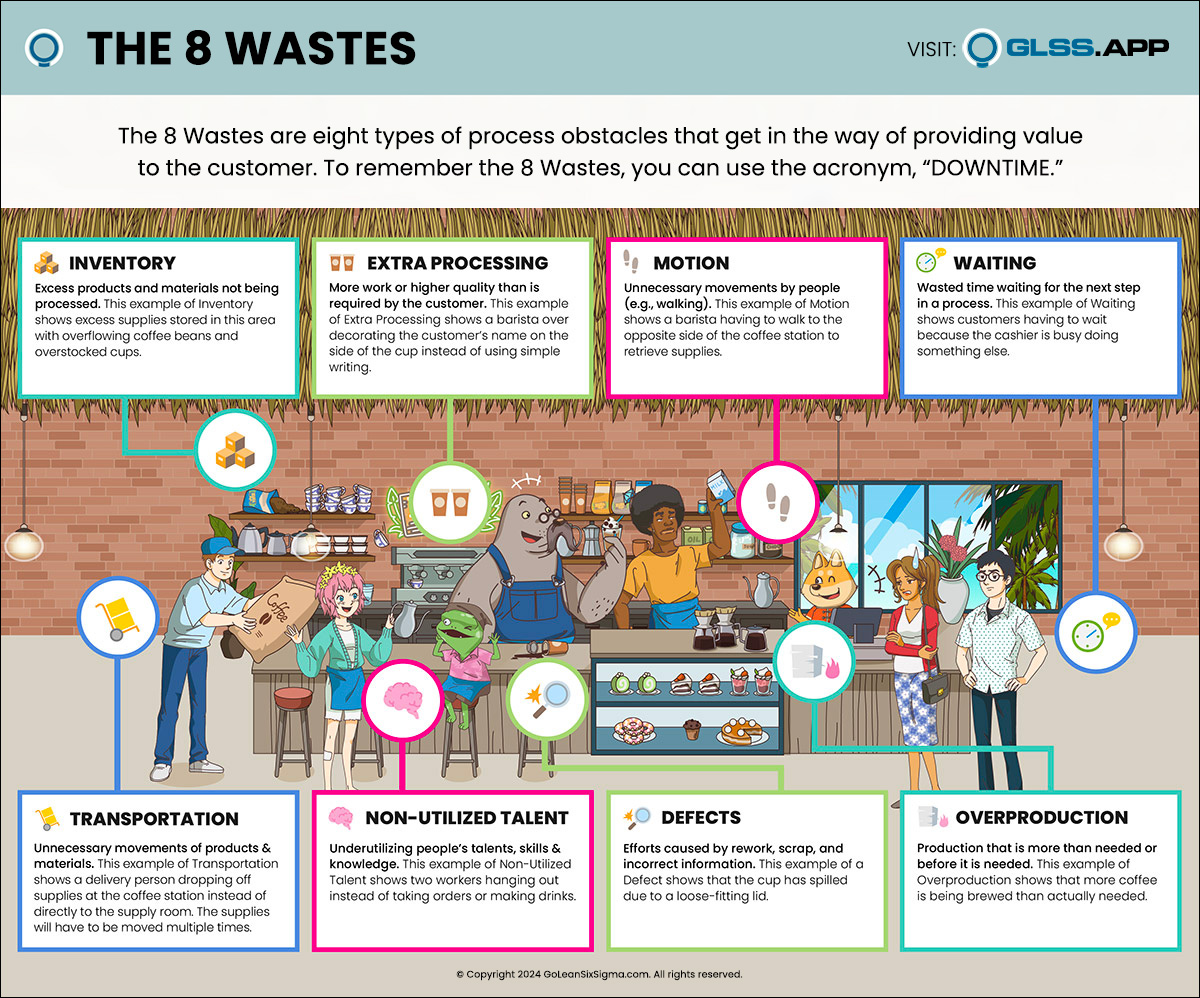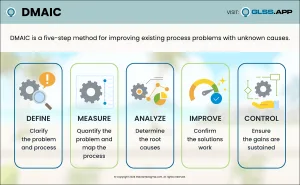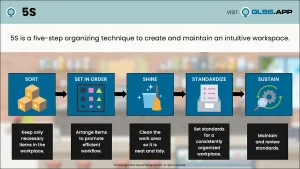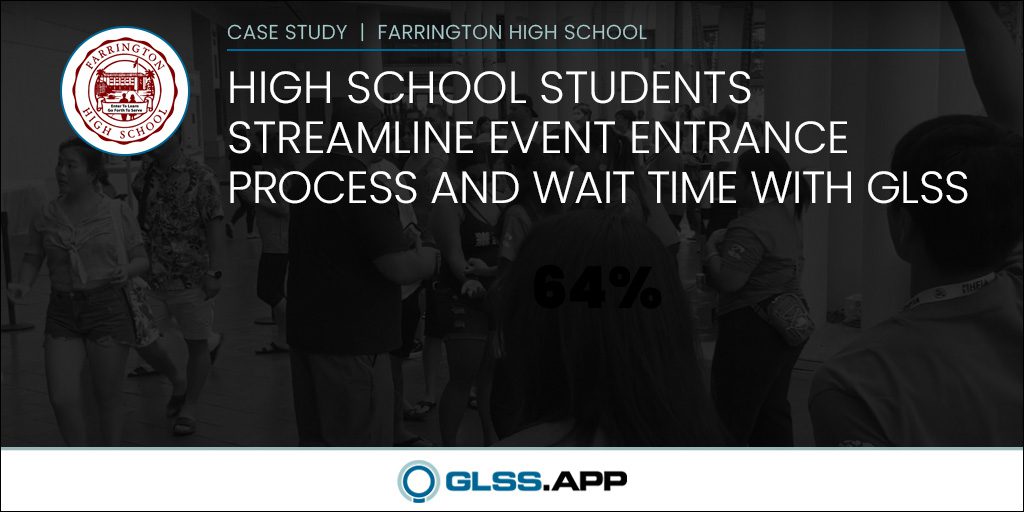Harvard Business School professor and author Leslie Perlow writes about improving the work-life relationship in a recent article for FastCompany. In it, she tackles two seemingly disparate issues.
First, on improving life: the “Always Connected” nature of work (due in part to smartphones and wireless devices) has led to a creeping of work into other domains of our lives. Second, on improving work: getting workers to provide feedback and improve processes is always a challenge, despite this being a primary goal of continuous improvement methodologies including Lean and Six Sigma. By tackling both of these simultaneously, Perlow presents a way to improve both work and life, making it a win-win situation.
The BCG Field Experiment and Predictable Time Off
Perlow’s isn’t the first to suggest such a novel approach; in fact, she discusses the results of a six-year field experiment with the Boston Consulting Group where over 900 teams in 30 countries instituted a “Predictable Time Off” (PTO) program that improved job satisfaction and performance by allowing for “total disconnect” periods from wireless devices, “email blackout” times, and “uninterrupted work blocks”.
The results of this experiment are impressive:
- Job Satisfaction
72% PTO participants vs. 49% non-participants - Work-Life Balance Satisfaction
54% PTO participants vs. 38% non-participants - Excited To Go To Work
51% PTO participants vs. 27% non-participants - More Likely To Stay At The Firm Long-Term
58% PTO participants vs. 40% non-participants - Employees Feel They Deliver Significant Value To Clients
95% PTO participants vs. 84% non-participants
How To Improve Work & Life
So, how can such an effort succeed? Surprisingly, it doesn’t require much in the form of large investments, so much as it is an embracing of a series of small, digestible steps by all workers:
- All workers agree to a Predictable Time Off goal each week. This can include wireless blackouts, email blackouts, and uninterrupted work periods.
- Workers meet weekly to discuss the meeting of the PTO goal, its impact on work process, and how they feel overall about their work and their lives.
- Leaders support workers’ engagement in PTO. Leaders should be willing to empower and experiment so their team can reach their goals.
By not only introducing the concept of PTO but making it a legitimate part of work processes, workers can both continuously improve their work and their lives.













